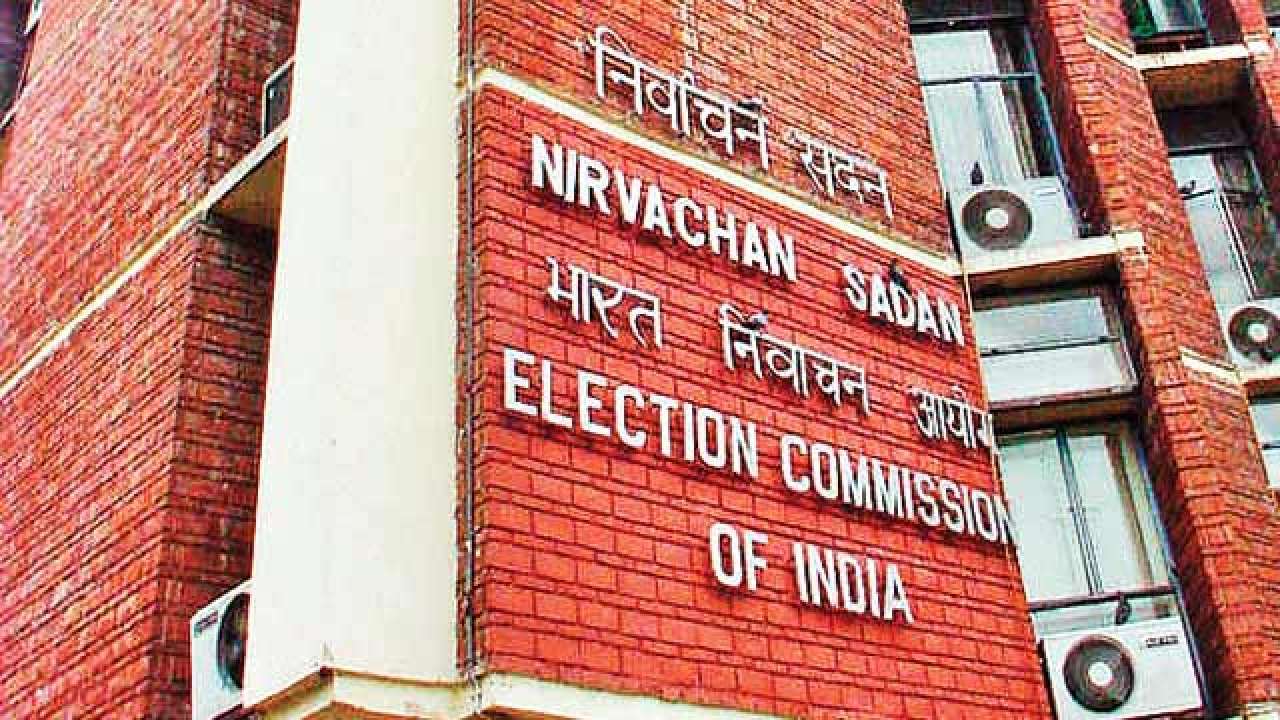
There may be some doubts about the transparency of electoral bonds, but there certainly is no doubt about their immense popularity that is growing by leaps and bounds.
In the process, the much-touted attempt by political parties to promote greater transparency in political funding, seems to be sidelined. An RTI reply has come up with some startling details. In a span of two months with elections looming large, electoral bonds worth Rs 1,176 crore were issued — a whopping 60 per cent jump from the previous year.
In 2018, bonds worth Rs 1,056 crore was issued. Surprisingly, details sought for 2017 were not available. The point to be noted here is that the government has decided to go ahead nevertheless with electoral bonds, despite serious objections being raised by no less than the Election Commission (EC).
The biggest drawback of electoral bonds is that they have not achieved precisely what they had set out to do — promote transparency. The fact that the name of donors are not revealed, is the single biggest factor that undermines public accountability.
In April, 2018, another RTI expose revealed that the EC had rebutted amendments introduced in four Acts to facilitate the bonds — namely, the Income Tax Act, the RBI Act, the Representation of People Act (RPA) and the Companies Act, saying they suffer from huge problems and are a ‘retrograde step’.
Indications from several other quarters also suggest that this system is far from perfect. An SBI report, for instance, has revealed that there is no demand for bonds of lower denominations, as 99.9 per cent of the total bonds were purchased in denominations of Rs 10 lakh and above.
This is a clear indication — if indeed any indication was needed — that corporations are purchasing these bonds and not the common man. The case against the earlier system, where donations came in cash from a range of sources, including political workers, party sympathisers, small business persons, and large industrialists, mostly anonymous, resulted in ‘unclean’ or `black money’ entering the system. But the remedy, it appears, is worse than the disease.
For instance, amendment to the Section 29(C) of RPA, 1951, directly hits electoral transparency. Limitless money can now be freely paid by companies, without anyone knowing who has given money to whom — and for what consideration. What’s even more mystifying, the source of political donations made through electoral bonds need not be declared before the EC! Frankly, it would be difficult to find a bigger antithesis of transparency.
There are other serious flaws as well. For instance, the removal of the cap on the donation that companies can make to political parties, which used to be 7.5 per cent of the average three-year profits, has been lifted. Instead, 100 per cent profits can be donated to any party.
If that was not enough, amending the Foreign Contributions Regulation Act, 2010 (FCRA) now exempts political parties from the scrutiny of foreign funds received by them. The amendment makes it legal for political parties to receive funding from foreign donors, that too with 42 years of retrospective effect!